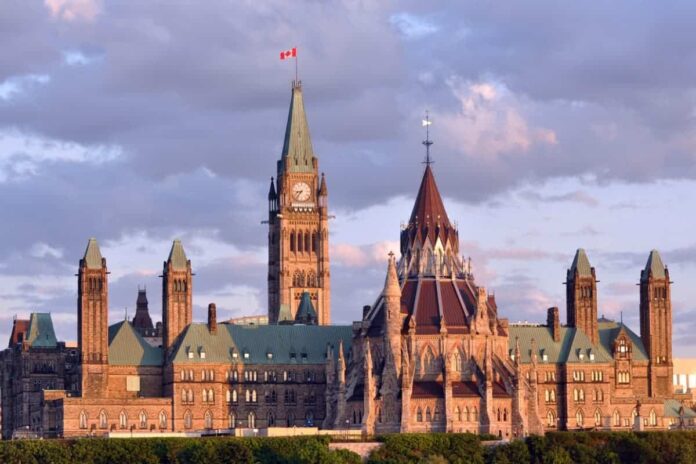Canada's Finance Minister Chrystia Freeland has presented the 2024 federal budget to Parliament.
Canada releases an annual budget that sets the tone for spending in the coming fiscal year. It plays an important role in shaping the lives of all people in Canada, including newcomers.
For example, the budget describes the national plan for spending across all federal services and provides an outlook on what to expect for Canada's economy in the coming fiscal year.
Find out if you are eligible for Canadian immigration
To understand Canada's future immigration policy, it is important to understand how the government plans to spend its money.
This year's budget included $53 billion in new spending and focuses heavily on improving housing affordability in Canada, as well as defense spending and improving the productivity of Canada's workforce to support the economy.
Immigration spending was not a major component of this year's budget. However, some new spending and increases to existing measures from previous budgets could help newcomers to Canada find affordable housing and work in critical sectors.
Affordable housing
Ahead of today's announcement, Minister Freeland and Prime Minister Justin Trudeau made several announcements about how the federal government plans to help with the current housing affordability crisis.
Many of the measures are aimed at Millennials and Generation Z, who often suffer from housing costs in Canada.
Announcements included a Renters Bill of Rights and an increase in funding for the existing home loan program, bringing the total to $55 billion. The goal of the program is to encourage developers to build more apartments and rental housing, including student housing and long-term care facilities.
Minister Freeland also announced that from April 16, first home buyers will be able to use $60,000 from their RRSPs to purchase their first home, almost double the previous maximum of $35,000. They also have five years to begin repayment.
Coordinating immigration with residency in Canada
Budget 2024 also reaffirms recent changes made by Immigration Refugees and Citizenship Canada (IRCC) in response to the housing shortage.
For example, the upcoming Immigration Levels Plan 2025-2027 will also include targets for temporary residents for the first time. This includes temporary workers and international students.
The government expects a decline of up to 600,000 temporary residents over the next three years. This is expected to reduce demand for Canada's limited housing supply.
Recognition of foreign certificates
Following an initiative included in the Fall 2023 Economic Survey, the government has committed to spending $50 million on the Foreign Credential Recognition Program. The 2024 budget says half of the funding will go to housing to help professionals get the skills they need to work in Canada or the province in which they settle.
The other half of the funds go to the health sector. The federal government says this “could help provinces and territories accelerate the removal of their barriers to recognizing foreign credentials.”
This investment builds on the $115 million investment included in the 2022 budget.
Immigration and Canada's Economy
The budget talks about how immigration has affected Canada's economy. It says that newcomers in recent years have narrowed the initial income gap between them and non-immigrants.
It says: “Given that newcomers typically earn less than the average Canadian upon arrival, a one-time large increase in the number of new arrivals has impacted national average income and productivity in the short term.”
It is noted, however, that over the last ten-year period it took newcomers six years to reach the median Canadian income, but at the end of that ten year they exceeded that average income by 10%.
Find out if you are eligible for Canadian immigration
Subscribe to our free newsletter. Get Canada's top immigration stories in your inbox.


















